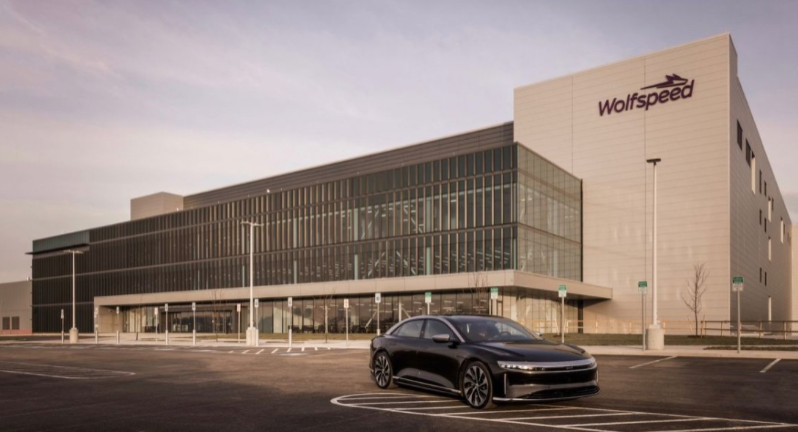Wolfspeed shelved plans to build a German SiC factory
Published: 11.1.2024
Automotive supplier ZF and U.S. chipmaker Wolfspeed have decided to cancel their plans to build a silicon carbide wafer facility in Ensdorf, Germany. The project, announced in early 2023, aimed to establish the world's largest 200mm silicon carbide chip factory, primarily to cater to the EV market as part of Wolfspeed's global expansion, intending to invest up to $3 billion to boost its manufacturing capabilities, with ZF committing $185 million in support.
The Ensdorf facility was expected to enhance the efficiency of electric vehicles by providing advanced silicon carbide components that improve powertrain performance, offering longer ranges and faster charging times.
However, the project encountered numerous hurdles. Wolfspeed faced financial and technical difficulties, including delays in other U.S. manufacturing projects. The company shifted its focus back to domestic facilities, deprioritizing the German plant. Compounding the issue, ZF, already dealing with financial strain and revised revenue forecasts, opted to withdraw its support, making the project's continuation untenable.
This development underscores ongoing challenges in Europe’s efforts to expand local semiconductor production, aiming to reduce reliance on imports and boost strategic autonomy. The cancellation of the Ensdorf facility follows other setbacks in the region's chip manufacturing ambitions, raising questions about the feasibility of large-scale semiconductor investments in the current economic landscape.
A Wolfspeed spokesperson said that Wolfspeed has cut capital expenditures due to weak electric vehicle markets in Europe and the United States, and the company will not start building a new factory in Germany until mid-2025 at the earliest, two years later than originally planned.
Slow EU approval is also one of the important reasons for the shelving of the project. In areas such as chip manufacturing, the EU's licensing procedures are very complex and lengthy. In the past two years, there have been very few chip projects that have actually landed in the EU and among the few announced projects, few have been approved by the European Commission for state aid, making many projects financially unsustainable.
In addition, Wolfspeed's business development is in trouble as a whole. The company had a net loss of $174 million in the fourth quarter of fiscal 2024, with annual consolidated revenue of approximately $807 million, a GAAP gross margin of 10%, and a non-GAAP gross margin of 13%. Activist investor Jana Partners is pressuring the company's management to re-evaluate certain investment projects.

Wolfspeed's shelved factory plans in Germany reflect the impact of slowing global electric vehicle market growth and technological challenges on the semiconductor industry, and also show the difficulties Germany faces in reviving its industrial ambitions.
Last month, U.S. chipmaker Intel said construction of a factory in eastern Germany would be delayed by two years as part of a cost-cutting plan.


.png)

